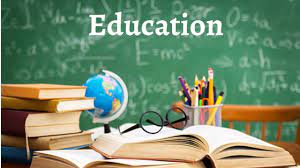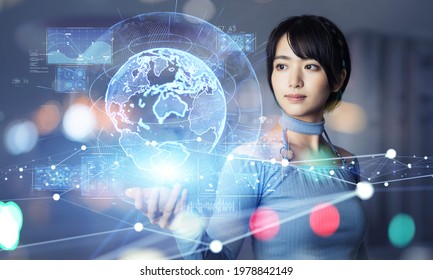A Brief History of Education:
Education boasts a rich and intricate history that mirrors the evolution of the world itself. In this section, we’ll offer a concise overview of education from ancient eras to the modern day, highlighting major milestones and essential information.

Ancient Times:
Early Societal Education: In ancient civilizations, education was primarily informal, emphasizing essential skills like hunting, farming, and domestic duties.
Invention of Writing: Around 3400 BCE, the Sumerians in Mesopotamia created a writing system, formalizing the documentation of education.
Ancient Egypt: By 3000 BCE, Egypt developed written education focused on religious, administrative, and literary knowledge.
Ancient India: Circa 1500 BCE, education centered around the Vedas, emphasizing religious and philosophical instruction.
Ancient China: Circa 1000 BCE, Confucius connected education to ethical and societal values.
Classical Era:
Ancient Greece: By 500 BCE, renowned philosophers such as Socrates, Plato, and Aristotle championed philosophy, science, and mathematics.
Ancient Rome: The Romans embraced Greek education, prioritizing legal, administrative, and military instruction.
Middle Ages:
Islamic World: Between the 8th and 12th centuries, the Islamic world thrived during its Golden Age of science and knowledge, with prominent learning centers in cities such as Baghdad, Córdoba, and Damascus.
Europe: In the Middle Ages, churches and monasteries were the main centers of education in Europe.
Renaissance and Modern Era:
Renaissance: Spanning the 14th to 17th centuries, the European Renaissance sparked a resurgence in arts and sciences, establishing the foundation for modern scientific advancements.
Modern Education: The Industrial Revolution in the 18th and 19th centuries heralded the advent of public education and the creation of contemporary school systems.
20th Century and Present:
Global Education: Throughout the 20th century, international initiatives to advance education surged, spearheaded by organizations such as UNICEF striving to elevate educational standards.
Digital Education: The 21st century has witnessed a transformation in education due to the rise of the internet and digital technologies. Online courses, video lectures, and e-learning platforms have significantly improved accessibility to education.

Key Points:
Purpose: Education aims to enhance individual potential, uphold societal values, and drive economic and social advancement.
Challenges: Numerous regions worldwide, particularly in developing nations, still face significant barriers to educational access.
Future: The future of education is being shaped by technological advancements such as artificial intelligence, blockchain, and various digital tools.
